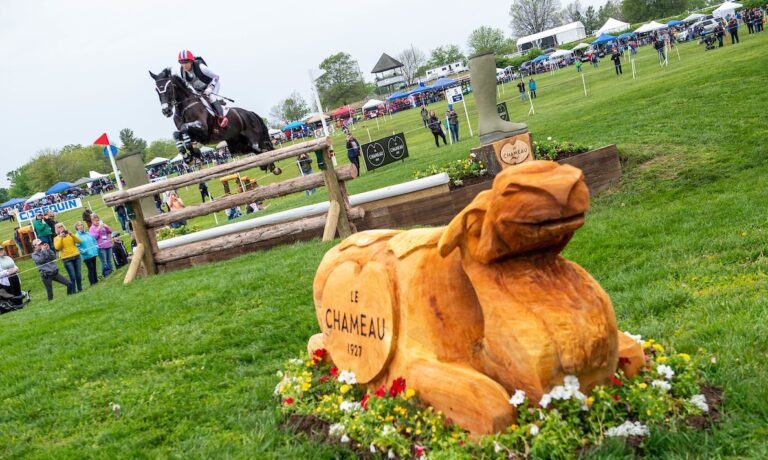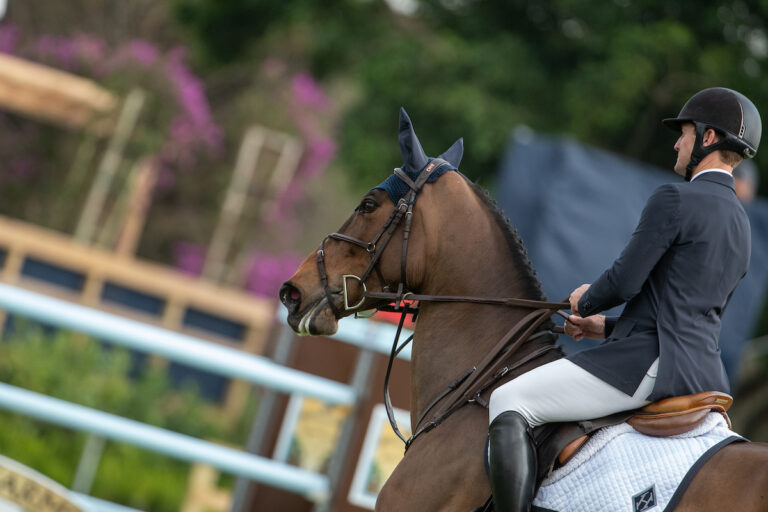In a year of “virtual everything,” it was obvious early on that due to COVID-19, the 2020 annual meetings of all U.S. Equestrian Federation affiliates would have to be held on the internet, and going into January 2021, that even applies to the USEF convention itself.
The U.S. Hunter Jumper Association’s meeting, originally planned for five days in Washington State, instead stretched out online to 12 days, so each sequential session could be aired. Those attending a live convention have to make a choice among topics being presented in different rooms at the same time. But a USHJA member who wanted to see everything being presented from Nov. 30-Dec. 11 could do so, depending on their tolerance for staring at a screen continuously. The sessions were a blend of education (elevate your equitation test execution, safety initiatives, outreach, promoting diversity) along with the usual rule change discussions and governance matters.
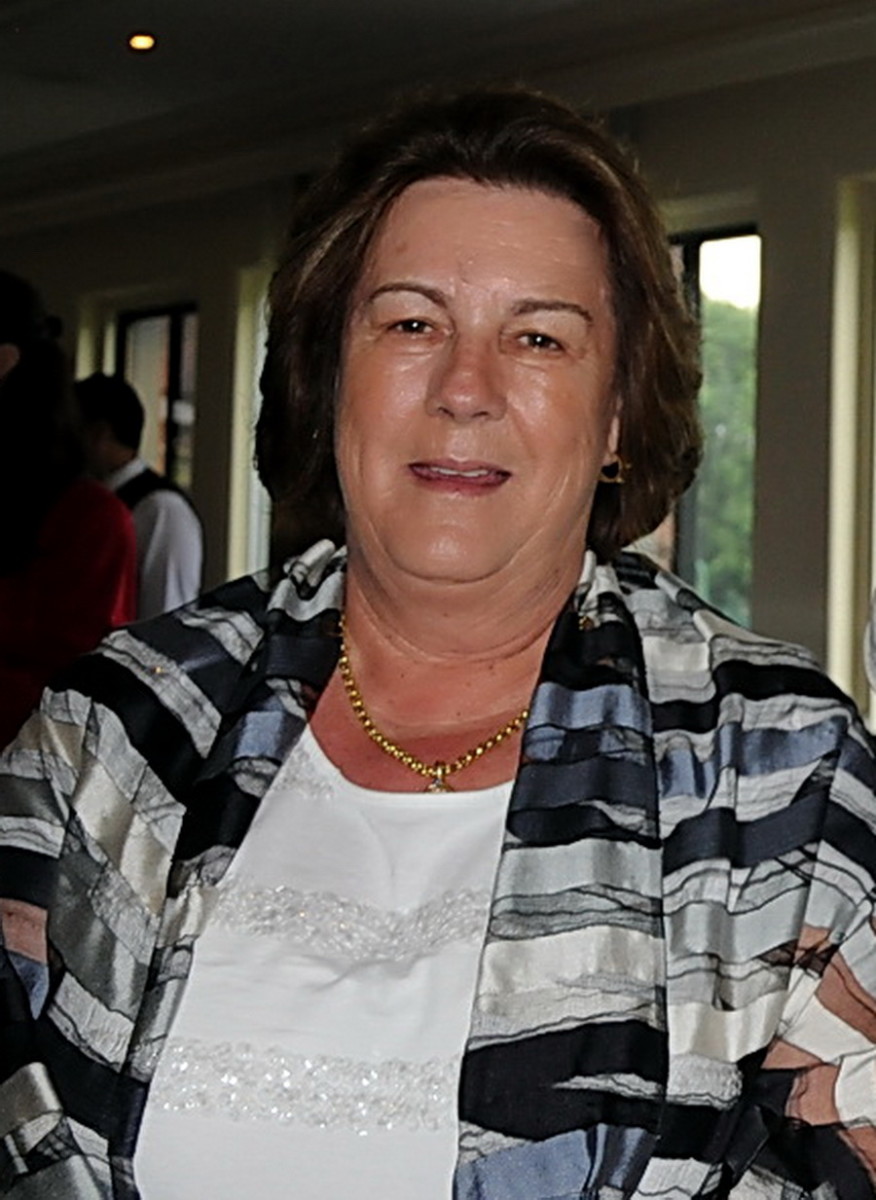
“After a while, my eyes hurt,” USHJA President Mary Babick cheerfully confessed about tuning in to nearly every topic. But the format made it possible not only for members to see the big picture in a way they never have previously, but also to type in questions as the meetings went along, which was more organized than having people stand up and ramble on in a live meeting. They got immediate answers, which helped cut short the type of speculation and misinformation that often haunts the aftermath of these meetings among those who don’t attend.
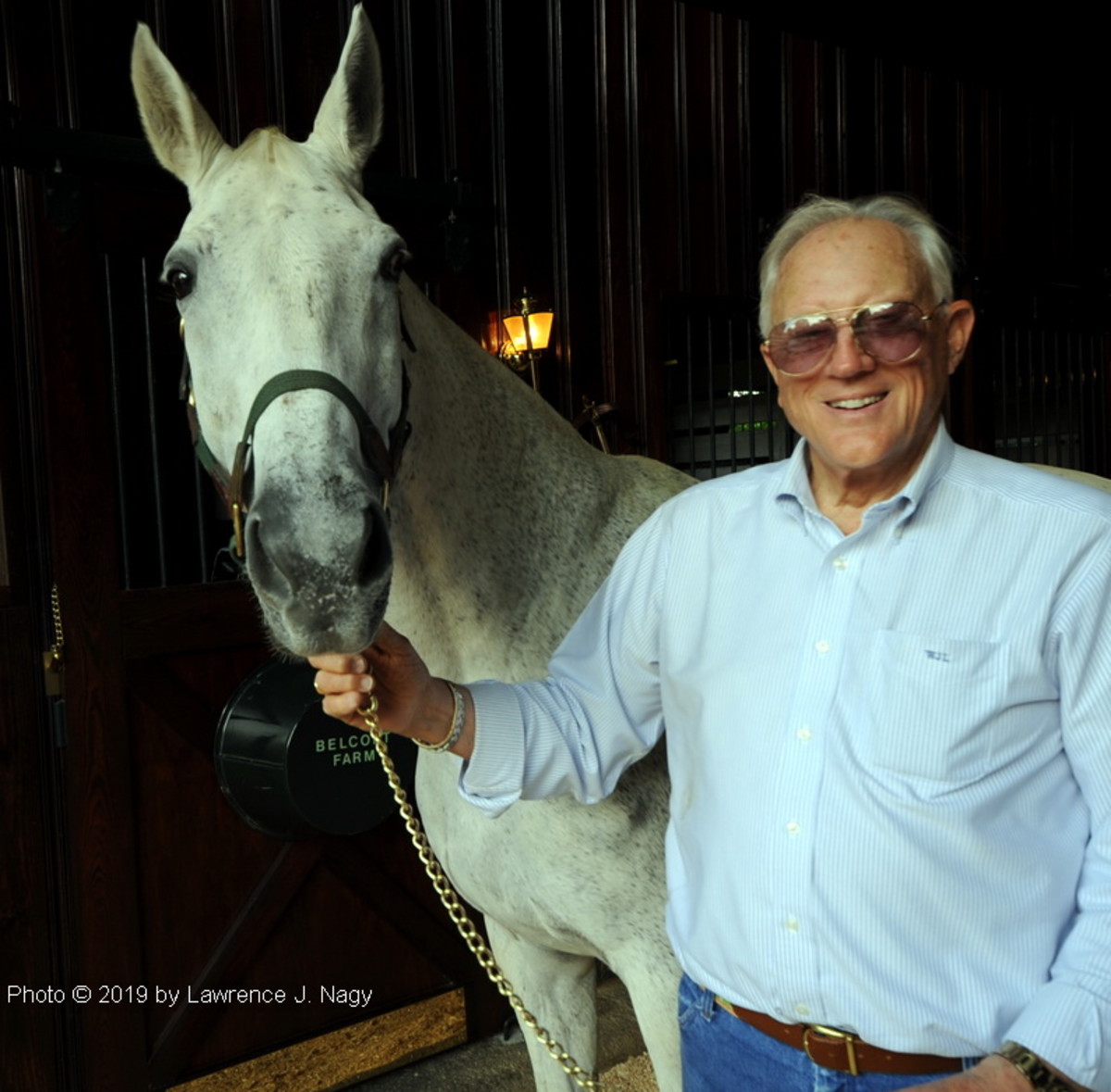
“I think it was great to be right out there in the public,” commented Mary, noting more people were able to witness the final board meeting than ever before.
Part of the problem is that some don’t understand the function of USHJA, which was formed in 2003. Prior to that, the multidiscipline board of the USEF and its predecessors made decisions about hunters, jumpers and hunt seat equitation.
Mary thinks the work of USHJA would be more appreciated “If a person watched this entire (meeting) and saw how many different things we do and how many different people we touch through doing it. If we had one organization, I don’t think that would happen,” she said.
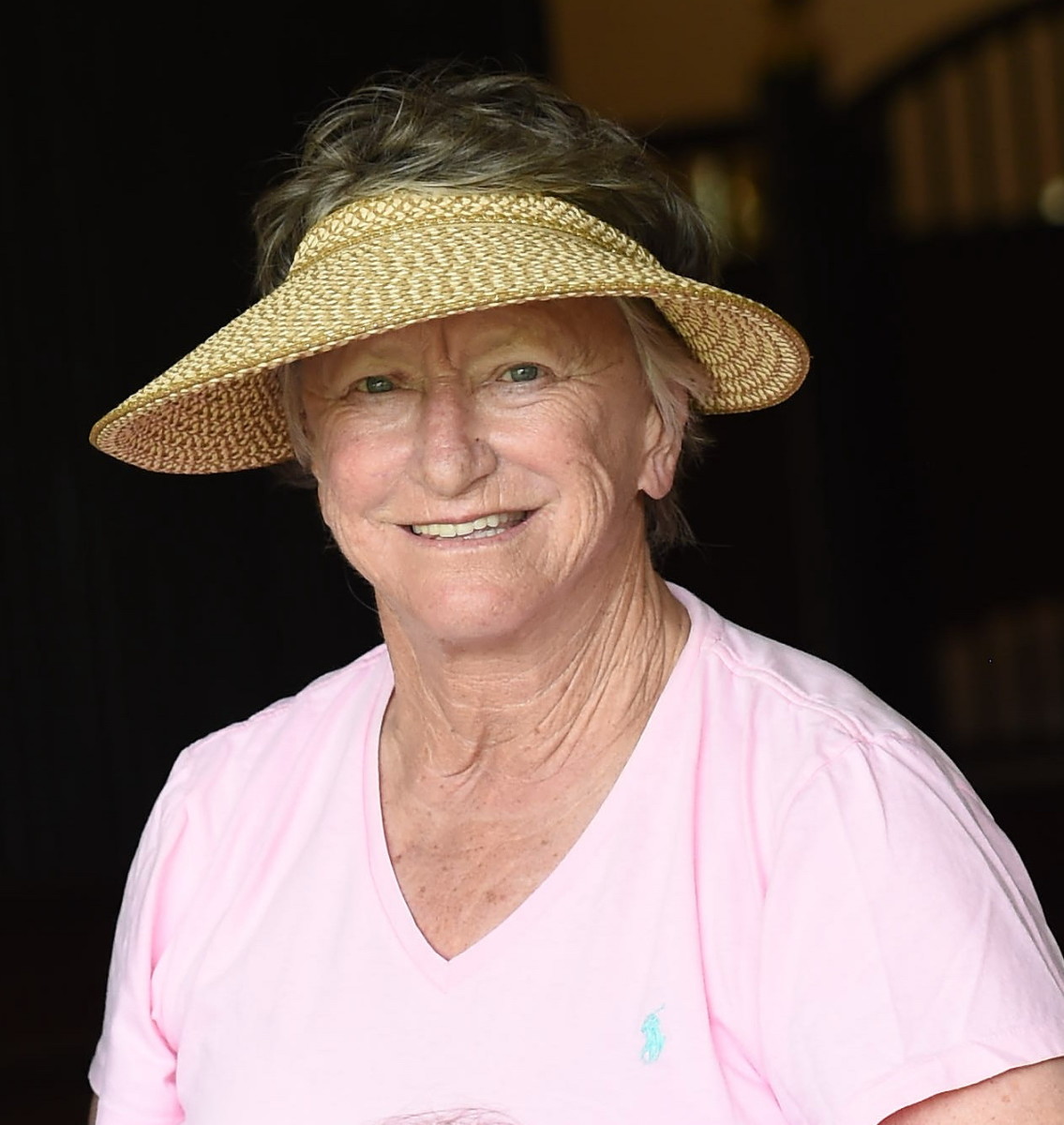
The USHJA’s next annual meeting, in the fall of 2021, is set for Charlotte, North Carolina. “We have already recognized that we are going to have to do some type of hybrid format. We learned a lot doing the meeting the way we did it, so that will aid us in our thoughts going forward,” said Mary.
The biggest downer about holding a virtual convention involved the awards, since no one could be present to accept them or socialize with other winners, friends and supporters. Sue Ashe, a busy judge who earned a Lifetime Achievement Award along with Susie Schoellkopf, an outspoken perennial volunteer, and trainer Jimmy Lee, president of the National Show Hunter Hall of Fame, regretted not being with the other winners for the evening. “They’re my buddies,” she explained. And more than a few of the various committee members said they missed being able to have a drink or dinner with friends and informally share ideas as they usually do during the meetings.
At least forums offered a chance to talk things out in public, but not everything got settled. Many items were discussed at length and then postponed for more dialogue rather than making hasty rule changes. Final versions have to go to USEF by March 1, and must be passed by that organization in order to find a place in the rulebook.
A proposal to give amateur-owner hunter riders a three-way age split instead of the current two, with divisions for 25 and under, 26-44 and 45 and over, spurred a lot of conversation. Amateurs in the older age group were asking for “a chance to ride against their peers,” said Mary. Mothers don’t want to compete against their children as they ride for a minimum of $500 in prize money per section.
A key concern is whether there will be enough entries to make a three-way split at many shows. Mary noted “there are some places in the country where this will never happen.” Part of the idea, though, is to offer three Horse of the Year Awards for A-O hunters, rather than two, even if divisions can’t always be split three ways.
USHJA Director Cheryl Rubenstein noted that while there may not be “a tremendous need” for three divisions, the older A-Os are “an extremely supportive group.” She pointed out that passing the rule would demonstrate that USHJA is “listening to our constituents.” USHJA conducted a survey on the topic that drew 1,800 responses, with 77 percent asking for the split. The group surveyed also included jumper riders, but no similar rule has been proposed for that discipline.
In the end, directors passed the three-way age split but did not act on the rule change itself, saying it needed more work.
A USEF Presidential Modification due to COVID that dropped the traditional dismounted jog for hunter ribbon winners in favor of having all exhibitors trot while mounted at the end of a class may be modified to have horses trot for soundness upon entering the ring. Unsound horses would be excused before having to jump a fence, which is considered a plus for horse welfare. This was postponed for more discussion.
Other takeaways from the rule changes proposed at the annual meeting:
• The unsafe use of electronic devices while mounted, including cellphones and ear buds, would be prohibited at the discretion of the steward in warm-up and exercise areas, and also while longeing. People listening through their ear buds risk being too distracted to pay attention to their surroundings.
• The amateur-owner designation for jumpers will be dropped in favor of a single amateur jumper division designation, but Horse of the Year awards will go to both the top amateur and the top amateur-owner.
• A controversial rule to prohibit “social influencers” from riding as amateurs was withdrawn by the amateur task force. There will, however, be more discussion about changes to the rule defining amateur status.
• Use of “attention-getting” devices (such as an aerosol can or something that emits a spray, mist or fog) while competing in hunter breeding is prohibited. Although this has been done on a limited basis, steward David Distler noted that when one person does it and succeeds, others may copy it.
• Mules got the nod to compete in jumper classes as they are able to under FEI rules, although hunter trainer Louise Serio worried that their presence might distract horses.
Check out more stories from the USHJA Annual Meeting:
• Wednesday, December 2: The new Outreach Program for grassroots riders and training tips for the equitation ring
• Thursday, December 3: Helmet Research and Advancements in Design to Improve Rider Safety
• Friday, December 4: Diversity is a Work in Progress for the Equestrian Community





